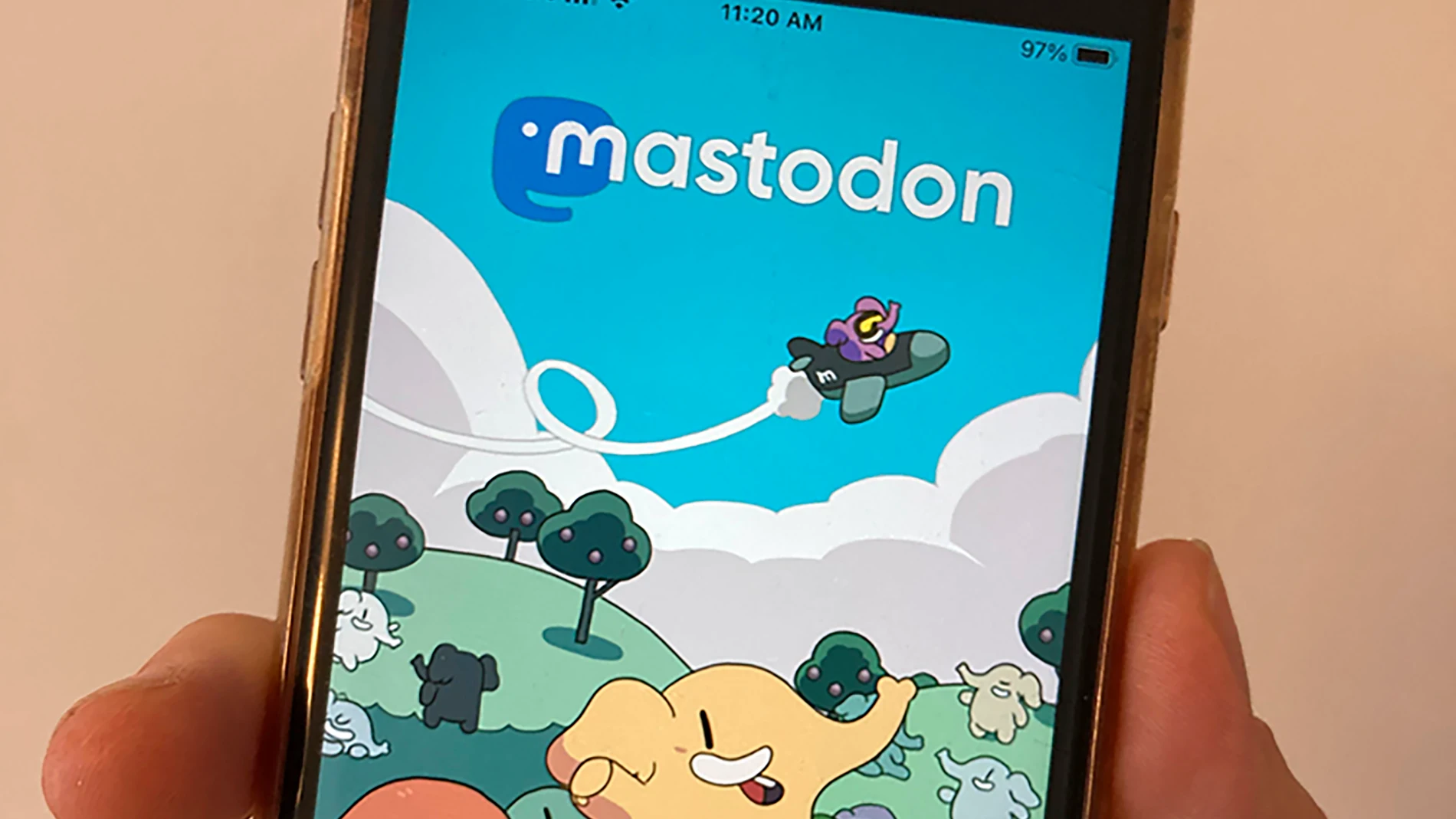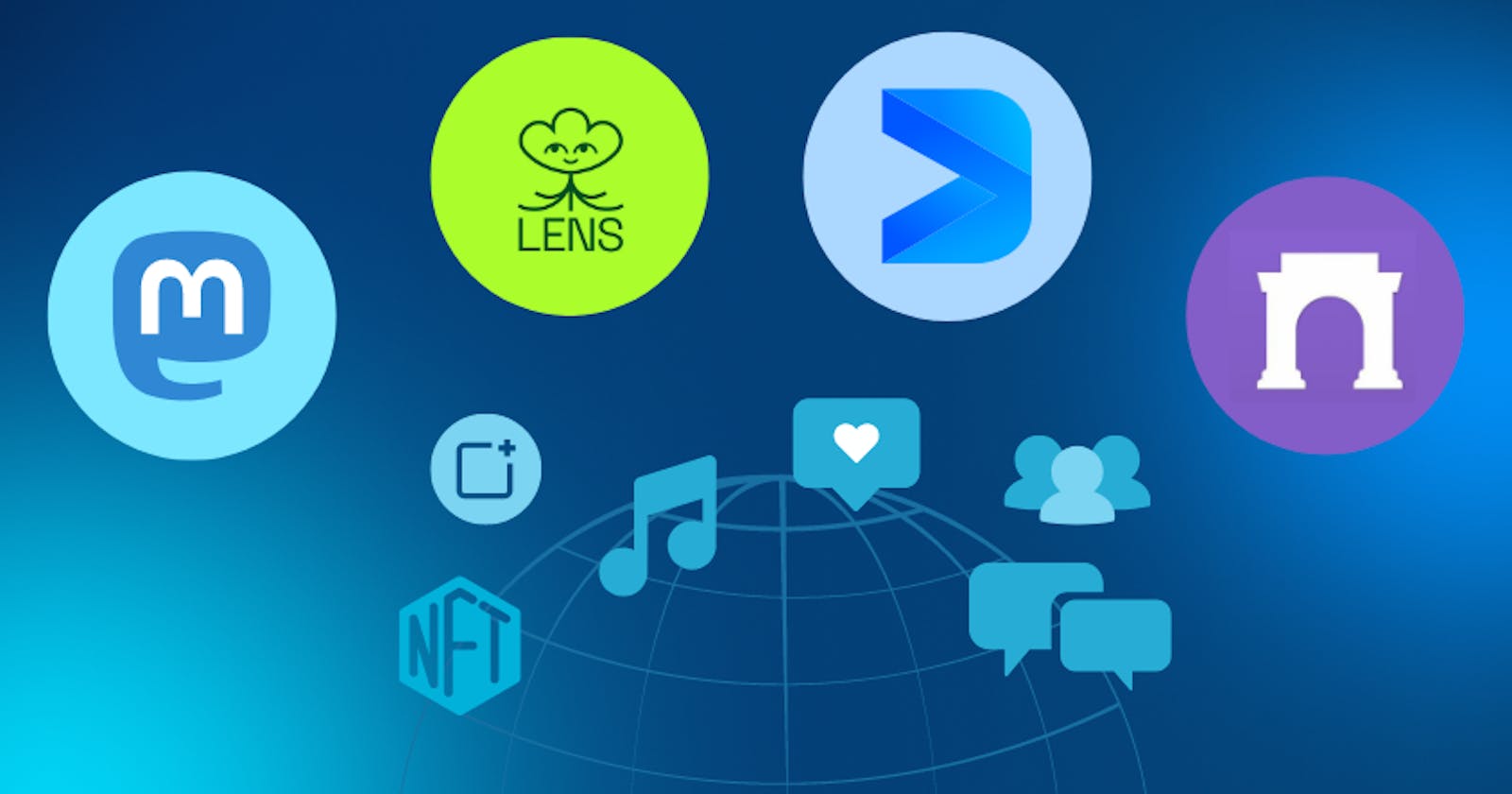Social media has become an integral part of our lives, connecting people across the globe, facilitating the exchange of information, and enabling the formation of online communities. However, centralized social networks come with their fair share of issues, including data privacy concerns, censorship, and control by a select few corporations.
Decentralized social networks have emerged as an innovative and promising alternative that seeks to address these problems while giving users more control over their online interactions.
These new social networks are usually focused on empowering users. As a user, these apps usually allow you to migrate to another app if you wish to, without losing any of your followers. You also do not risk losing your account or being censored. And, in general, they are also more privacy friendly as they do not sell your data.
There have been several attempts to address this issue, and every team has taken a different approach. In this article, we will explore the decentralized social concept and discuss some of the key features and benefits they offer

Federated networks approach
Since Elon Musk took over Twitter and started making controversial decisions, many users looked for alternatives to the blue bird app. This is when Mastodon became some sort of mainstream alternative, although it did not last for more than a couple of days.
Mastodon is a federated social network. You can think of it as a union of countries (AKA servers), where each country or server may have its own rules, content and users.
In real life, citizens can visit other countries. On Mastodon, you can access content from other servers and you can even contact users from other servers. How? You just have to put together the username and the server where he belongs to. So for instance, to contact "maria" from "server1", you have to write `maria@server1`
Sounds cool, right? Not enough. Its success did not last for long. People found that the app was slow and usernames were too long. Seriously, who likes being named `name@something`
There have been other attempts like Mastodon. Have you heard of Blue Sky? It was created by former Twitter members. It's based on a different protocol, but it's essentially the same federated network approach. Its UI is nicer and more friendly for Twitter users than Mastodon, but it does not offer any groundbreaking feature that real users can see and use in their daily lives, and it also suffers from the same "I've got no friends/family here" syndrome.
Decentralized social meets Web3
As the pursuit of decentralized social networks continued, a new concept began to gain traction: Web3. Web3, often associated with blockchain technology, envisions a more decentralized and user-centric internet where individuals have greater control over their data and online interactions.
In the Web3 model, users can own their online identities and data, which can be transferred across different platforms and services seamlessly. This not only enhances data privacy but also reduces the dependency on a single centralized network for all online interactions.
By mixing cryptocurrencies and social networks, you get thousands of new possibilities that centralized socials cannot achieve.
You actually own your username - so nobody can take it from you
All content and interactions are stored on the blockchain, so they will not be deleted or censored. It's always yours
You can use your identity and content on any other app. You do not like the last update of the app you are using? Use another app, and all your followers, posts and likes will be there.
Earn money by posting: receive tips from fans, subscriptions... all with the lowest fees and no intermediaries.
Some Web3 social apps are DeSo and Lens Protocol. They've got big differences, but to make this post lighter, I'll leave that comparison for another post.
Different approach but the same goal
While there are differences between both approaches, every decentralized social wants to achieve the same result. Empowering users so that they do not depend on one single company that owns and sells users' data.
I think the combination with Web3 is more promising and enables new possibilities that are still being discovered, but I also understand that the current state of Web3 and crypto is still very nascent and faces many challenges, and some people may not like it, so it's good there are various options.
In any case, it seems clear that there is a driving force pushing for a decentralized social network future. So hopefully, in the future, there will be competitive and mainstream alternatives to traditional social networks.


